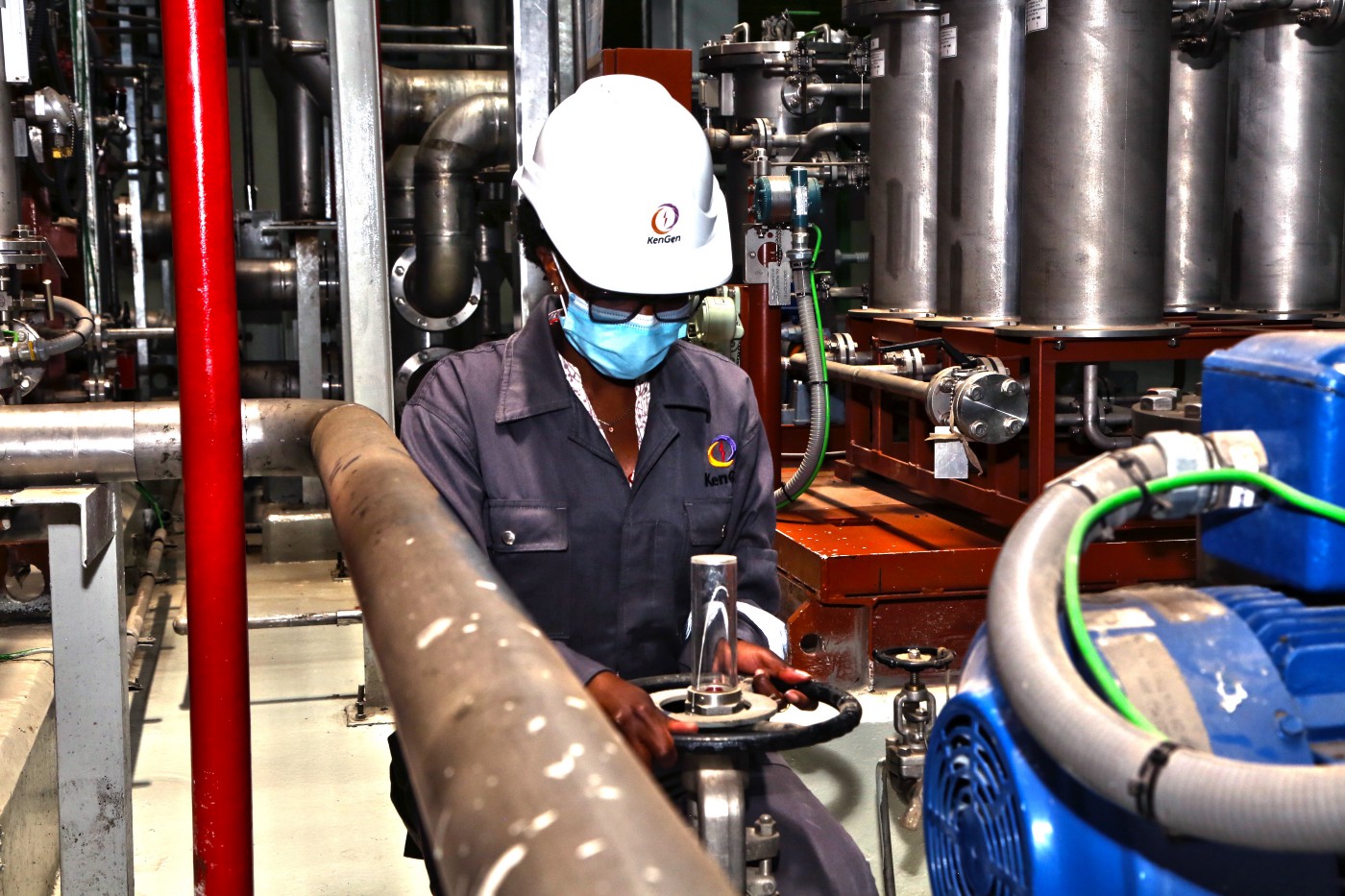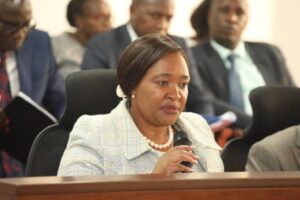KenGen has launched the search for consultants to determine the viability of fertilizer production at its Olkaria fields in Naivasha in a new revenue diversification bid.
“(KenGen) is now inviting proposals to provide the following consultancy services to conduct a feasibility study for green hydrogen, ammonia and fertilizer production and its pilot plant in Olkaria, Naivasha – Kenya,” KenGen said in the tender documents.
That Business Daily learned from insiders that KenGen is confident that the fertilizer manufacturing venture is profitable once scaled given the huge market gap for the products in the country and KenGen’s strategic advantages in a future production process.
The feasibility study will determine the size of the proposed facility and timetables for its construction, KenGen said.
In establishing the plant, KenGen would rely on its own source of electricity, which it reserves for auxiliary purposes, giving it another strategic advantage.
KenGen will also take on existing players such as Japanese conglomerate Toyota Tsusho and Kenyan fertilizer producer Fertiplant East, which have factories in Eldoret and Nakuru respectively. Ammonia is produced in huge quantities worldwide for agricultural fertilizer but uses natural gas or other fossil fuels.
Green hydrogen and ammonia-producing facilities have gained traction around the world as geothermal producers look to diversify revenue.
The plans by KenGen come at a time when the amount of fertilizer available globally has almost halved, while the price of some types of fertilizer has almost tripled over the past 12 months, according to the UN.
This has a knock-on effect in countries like Kenya, where farmers depend on imported fertiliser.
The rise in global fertilizer prices began at the start of 2021 due to the impact of the Covid-19 pandemic. The ongoing war between Russia and Ukraine worsened the situation.
Currently, fertilizer prices in Kenya are at Sh6,000 per 50-kilo bag, an increase of 71 per cent from a year earlier.
The price rise is also due to producer countries such as China, Russia and Turkey limiting exports to protect their farmers, exacerbated by strong demand from India, Brazil and the US, which are buying up large volumes, reducing available global supplies.
Kenya recently received an Sh7.48 billion loan from the African Development Bank (AfDB) to support fertilizer and seed purchases for 650,000 local farmers to increase food production and control consumer price inflation.
The country previously announced a fertilizer subsidy of Sh5.7 billion. to partially offset high prices.
KenGen peers worldwide have increased revenue diversification plans in recent years. For example, they have turned to the use of geothermal fluids for mineral baths to heat homes, and greenhouses and provide hot water to communities in certain areas of the world.
KenGen, whose Olkaria geothermal field covers 20,400 hectares, diverts powerful hot brine back to the ground primarily to maintain reservoir pressure.
But its geothermal hot water (brine) contains compounds and elements that could provide opportunities for high-value products, such as borate fertilizers, according to some studies.
The new ventures into using geothermal byproducts will potentially reduce KenGen’s reliance on electricity sales to the national grid, which account for over 90 per cent of its income.
KenGen previously said brine from its Olkaria fields contains about 600-800 milligrams (mg) of silica per cubic meter. kg liquid and 1.5 and 2 mg per kg of lithium.
Lithium is mostly used to make batteries, toys, and medicine to make pacemakers and is also combined with aluminium to form an alloy that makes high-speed railcars and aeroplanes.
Lithium, a key component for batteries used in electric vehicles, is currently trading at about $13,000 (about Sh1.3 million) per tonne in China, which is the world’s largest consumer of lithium.
















